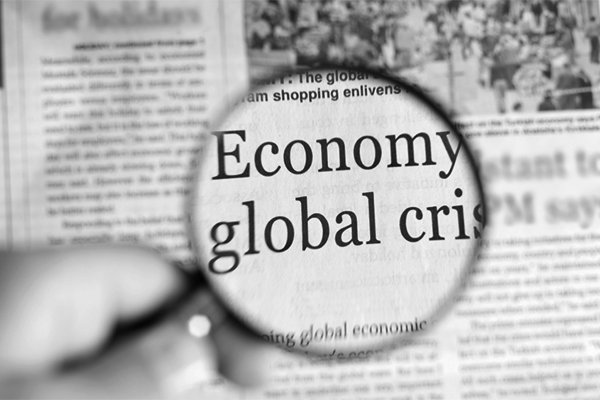Today, the phrase “global instability” is increasingly used to explain all sorts of things when they don’t go according to plan, but the war in Ukraine is not among them, Emerging Europe reports.
Many officials, from government leaders and politicians to business executives, justify any mistake or problem with “global instability.”
However, this very “global instability” has a real name – it is war. Hence, the war in Ukraine, which broke out in February 2022 and shook both the West and the United States, may well be considered the cause of the international malaise.
People still see the phrase “global instability” in the media on an almost daily basis. Moreover, this term is increasingly common in pre-election talks, which also has negative consequences.
Instability needs to be stabilised, whereas war needs to be won. Ukraine does not need to stabilise anything; it has a specific goal – to win the war against Russia.
Ukraine depends on Western military, economic and humanitarian aid for about half of its budget to finance its military and social spending. Without the support from the US Congress and the European Parliament, Ukraine’s economy will face serious challenges. Providing aid to Kyiv is becoming progressively slower: US Republicans are reluctant to introduce Ukraine bills drafted by the Joe Biden administration. As a result, voting, as well as aid itself, is slowing down.
The problem is that to some of the people responsible for providing this support, 50 billion euros from the European Union and another 60 billion dollars pledged by the US, the funds are being seen as simply designed to put an end to “global instability.”
Instability is a lingering process that does not require swift solutions. But the reality looks completely different: it is the war in Ukraine, one of the largest countries in Eastern Europe, whose security has been supported by a coalition of democracies since February 2022.
It is not “instability” that is destroying homes and lives in cities and villages across Ukraine. It is bombings, explosions, shootings and war crimes. The country needs further support from the West to bring the war to an end.
Now, with another war going on in Israel, it is very easy to put both military conflicts together and call it “global instability.” When events in Ukraine and Israel are described as “global instability,” it is very easy to miss the tragedies, losses, and pain of war.
But war is a story in which people’s lives, people’s faces, people’s emotions, people’s rights matter above everything else.
If the world continues to use the vague term “global instability,” it could eventually be used against Ukraine’s interests: there will always be people, including populist politicians and decision-makers, who will question Ukraine’s ability to win the war.
Such people will start blaming Ukraine for promoting global instability. At an intuitive level, instability is something that usually ends in stabilisation, i.e. a meeting or agreement where diplomats in suits shake hands, sign a piece of paper and then pose for photographs.
Calling Ukraine’s war against Russia “instability”, some argue that the best way out in such a situation is to sign a peace agreement at any cost and under any conditions.
It is easy to see all the consequences of the Ukrainian-Russian war: increased defence spending in Eastern Europe, higher investments by NATO countries in military research and development, logistical problems in the Black Sea, disruptions in energy and food supplies. All these problems are the result of the war, not instability. Wars should be ended, not stabilised.
